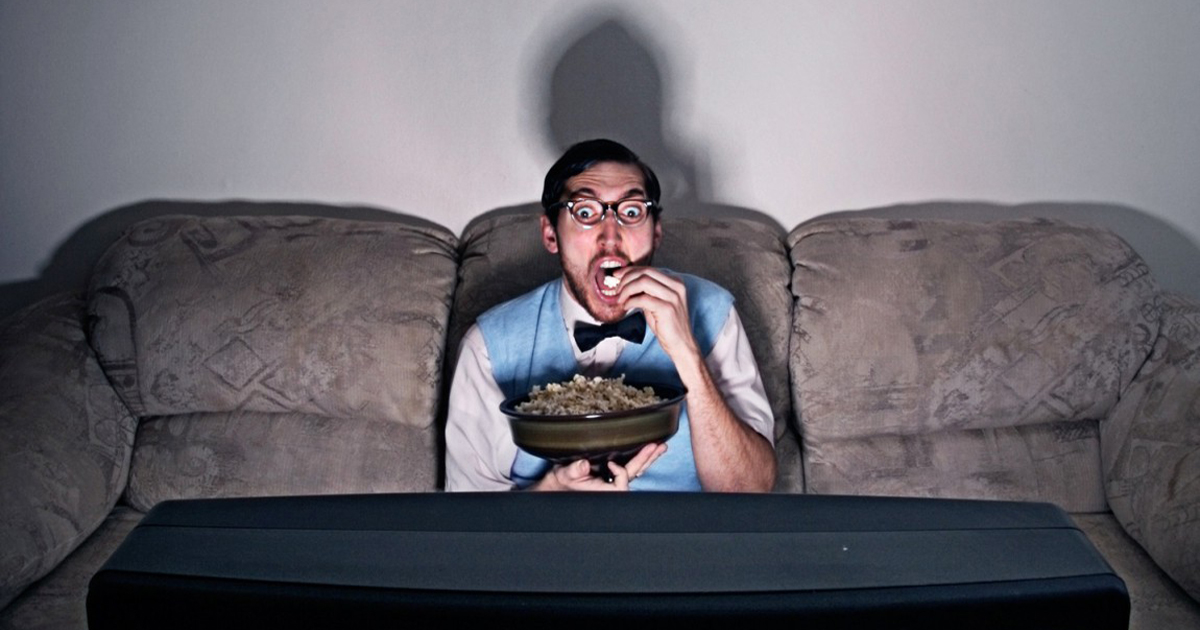How Meal Times Affect Weight Loss
Can Eating Late Reduce Sleep Quality?

Recent research into sleep has explored the question: Can eating late reduce sleep quality? The majority of studies in this area clearly conclude eating in the evening does result in decreased sleep quality, and this is particularly true for women. Research conducted in sleep labs showed eating high-calorie or high-fat meals close to bedtime caused subjects to take longer to fall asleep, and it also made them more likely to wake up at least once during the night. Subjects also took longer to reach REM sleep (the deepest phase of sleep) and spent less time in this phase. To optimize sleep quality, experts suggest eating dinner at least two to three hours before bedtime. For some individuals, a light snack close to bedtime may be well tolerated and might not disrupt sleep. If patients choose to eat a snack near bedtime, foods like cherries, which contain melatonin, or comforting options such as warm milk may help promote sleep.
Dive into a popular notion about meal times and sleep next.